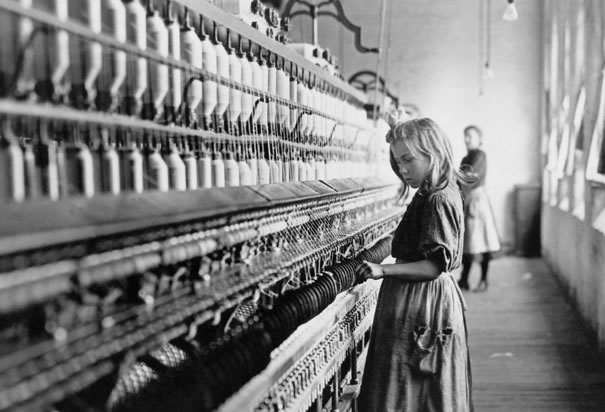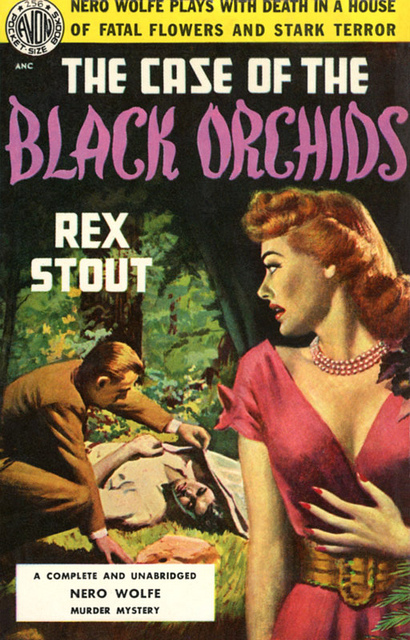And writing is fun. Writing is also
hard work. And writing takes self-confidence. And practice. Lots of practice. It’s
incredibly difficult to do anything well the first time you attempt it, after
all. Sadly, as Mark Twain pointed out, ‘give a man a pencil and he thinks he’s
a writer.’ I’ve been practicing my craft for a few years now, mostly in
fantasy, science fiction, horror and pulp, but other than a couple of attempts
at mystery short stories, I didn’t feel confident that I could come up with a
clever plot.
But I did feel confident that I could
come up with interesting characters. And I would also need a setting that,
hopefully, would feel fresh and new. Where, oh where, would my characters do their
detecting? There are mysteries set in villages and cities, in ancient Egypt and
in space, in the Middle Ages and in the 1930s…and every place and time period you
can think of, with more coming out every day.
So I looked around me. I live in a
small town in South Carolina that used to be—before the textile industry
vacated the premises and headed for other greener hills in other countries—the site
of a cotton mill. Now, I don’t know if you’ve ever thought much about cotton
mills, ever said, perhaps while eating breakfast, “Wonder how those cotton
balls in the medicine cabinet ever became the shirt I’m wearing?” Probably not,
huh? But in this area of the state, there are—or there used to be—more cotton
mills than almost any other industry. Back in the day, say from after the War
of Northern Aggression to near the end of the 20th century, you
couldn’t swing a cat—not that I have ever had any interest in rotating felines
about the head—without hitting a cotton mill. They were so abundant that the
owners gave up on conjuring clever names for them and settled on Mill #1, #2
and #3.
But one of the many cool things
about cotton mills is that the owners would build houses around the mills for the
workers to live in, and not just houses but entire towns, with stores and
churches and everything necessary for the employees, just so those employees
would hang around to work and keep the mills running. Rent on these houses, and
stuff bought in the company stores, would go in a ledger and often by the end
of the week, the mill workers would not see a penny in wages, as those wages had
already been spent on food and shelter and candy. Hence the song lyric: ‘I owe
my soul to the company store.’
As a kid, I had relatives who’d
worked in the mills. My great aunt met all three of her husbands there, and my
grandmother went to work in one at thirteen. Her brother, my Great-Uncle Guy,
was a good baseball player, and Granny told me stories about how he was lured
from mill to mill to play on the mill teams.
Now if this doesn’t sound like a
cozy village wherein a murder or two could quite profitably be set, then you’re
not thinking ‘mystery’ is all I can say. So more next time on how the cotton
mill village became the scene of my crime.
 |
| Cotton Mill Worker circa 1900 |
